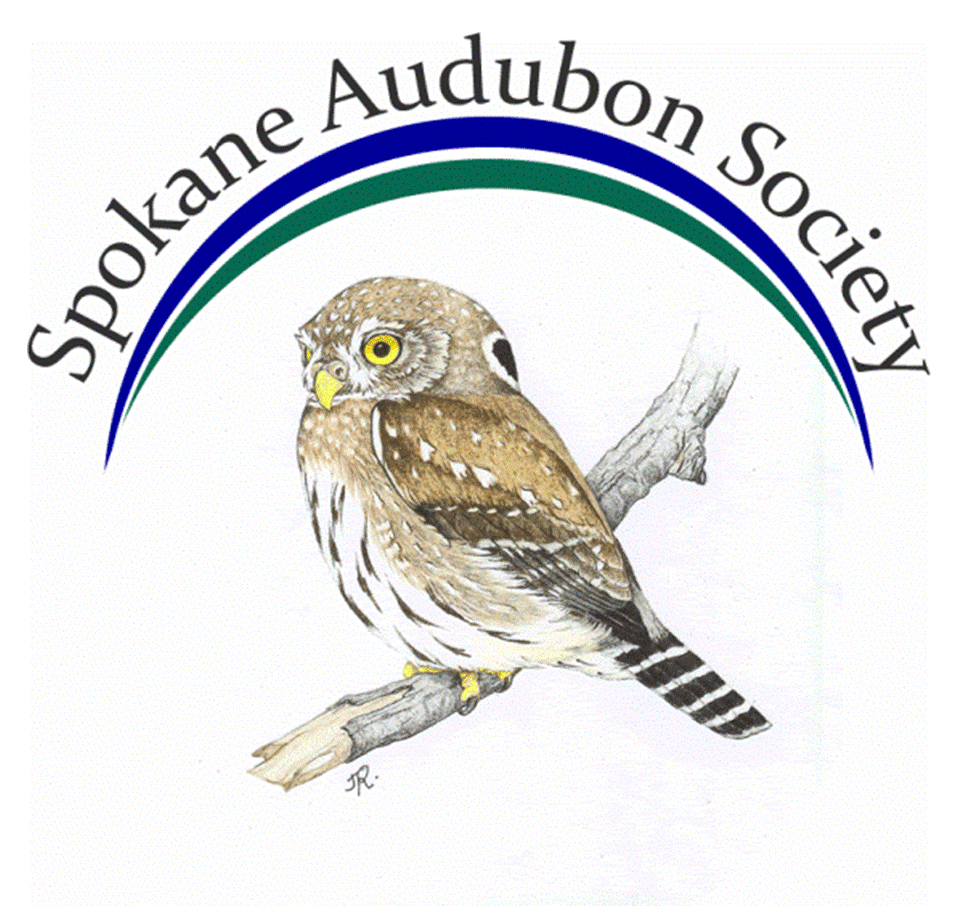Plastics
The Problem
A landmark study published in the Proceeding of the National Academy of Sciences in 2015 revealed a shocking finding - an estimated 90% of all seabirds have ingested plastic. If the current trend of plastic production doubling every 11 years continues, an estimated 99.8% of seabirds will have eaten plastic. Although only a small percentage of plastic ends up in the ocean, it still amounts to an annual total of 300,000 tons. Birds who consume plastic often end up dying from malnutrition or starvation. Birds of all types can become tangled in plastic netting, fishing lines, or beverage holders.
Microplastic Pollution
Pollution from microplastics is an emerging area of research. Microplastics are pieces of plastic measuring 5 mm or less that come from plastics breaking down in water or by UV light. Because they are so small, they pass through most filtration systems yet have the same negative effects as macroplastics when ingested. High levels of microplastics have been found in the Spokane River. Read more about microplastics from a Spokane-based physician here.
A significant source of microplastics is laundry. You can minimize microplastics entering our waterways from your laundry by wearing clothes made of natural fibers such as wool, cotton, hemp, or linen. Fleece and other synthetic fibers can be washed in specially designed bags and washed less frequently. Air drying synthetic fibers will prevent microplastics blowing into the air from dryers. Research suggests that installing a specially designed filter on your washing machine helps.
Solutions
We can all help with the problem of plastic pollution by using less plastic. Not sure where to start? Check out Plastic Free July for ideas! Make it a fun challenge to see how much plastic you can cut from your life!
Local grocery stores including the Main Market Co-Op and Huckleberries offer the option to bring your own clean containers to fill with bulk items including nuts, grains, oils, soap, shampoo, syrup, vinegar, spices, and more. The Spokane Refillery offers plastic free options for laundry detergent, cleaning supplies, and beauty products.
Help prevent plastic from entering our waterways and beautify our community by picking up trash on your own, by organizing a trash clean up, or joining a group!








